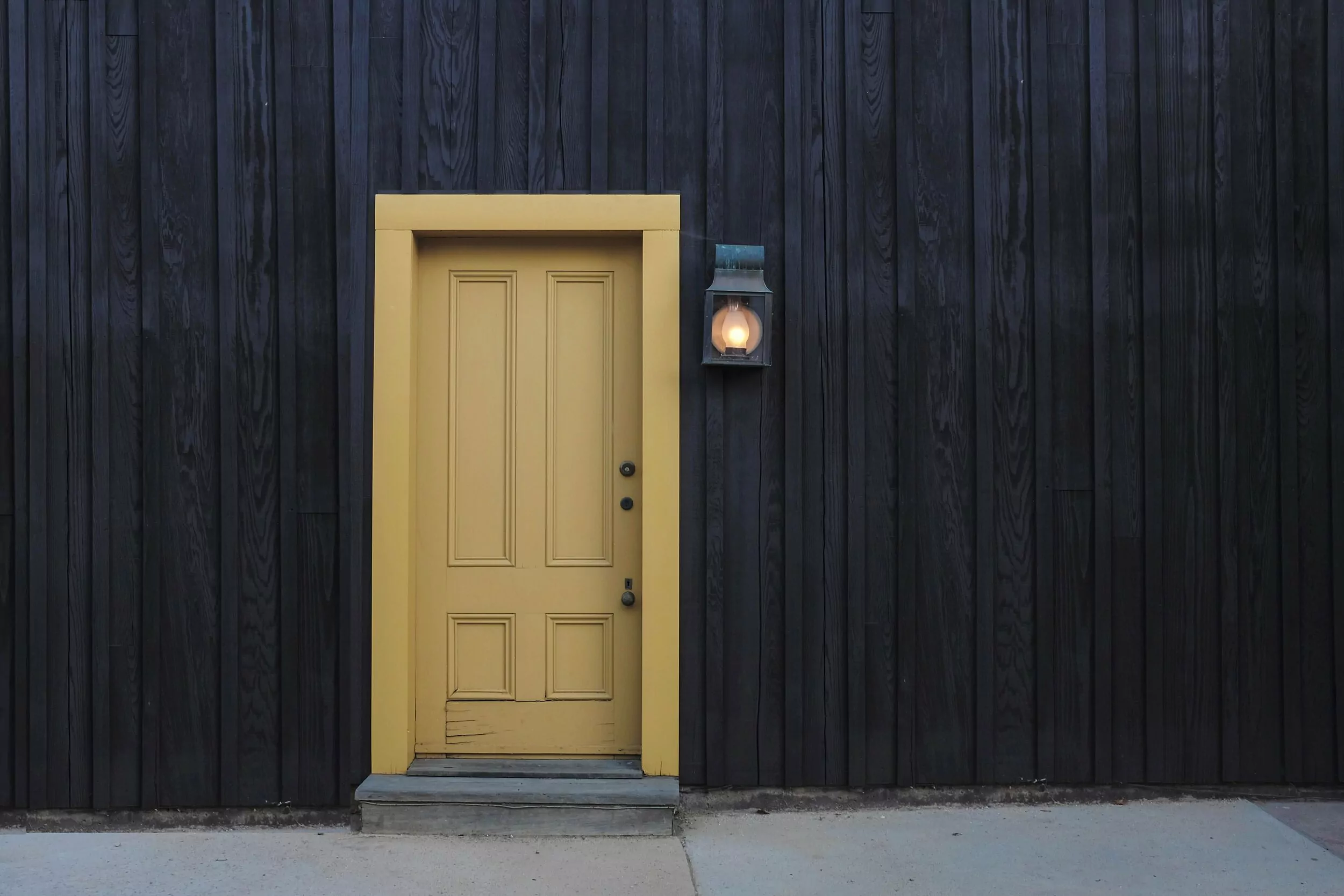
S&R News
How the Pandemic Could Impact Senior Living Operations Long-Term
The pandemic has created numerous unforeseen challenges for all individuals and enterprises, including senior living operators. Throughout the last six months, assisted living facilities have been hit hard by the virus, forcing senior housing providers to implement changes that protect residents and staff while also thinking about the industry’s future. Unfortunately, there are too many unknowns to accurately predict how the pandemic will impact senior living operators long-term. Still, many in the industry embrace the fact that things will undoubtedly be different. And while it is easy to focus on the negative, it’s important to note that many of the changes were long overdue and necessary.
As we discussed last week, one of the most significant areas that we’ve seen these facilities take action in response to COVID-19 is tech. By offering telehealth solutions and alternatives to in-person visits to combat isolation issues, providers have successfully pivoted to address immediate challenges. However, increasing tech spending budgets and adopting solutions that help facilities improve mental health, implement COVID-19 testing, and otherwise support residents and staff will also have long-term benefits.
Understanding the Long-Term Effects of COVID-19
Until an adequate vaccine for COVID-19 is found, assisted living operations will remain modified, and providers must stay vigilant. This is important not only for residents and staff’s health and safety but for those with an investment in the facility. Again, it is impossible to predict the long-term effects of the virus on the senior housing industry, but current trends give us some idea of what to expect and prepare for:
Enhanced cleaning protocols and infectious disease controls.
Proactive planning for disasters.
Partnerships with other care facilities and local public health departments.
Greater transparency in care and services offered.
Improvements to technology, including telehealth solutions and the adoption of virtual communication technologies that support mental health and mitigate the virus’s spread.
Improved screening for residents, staff, and visitors.
Better health systems relationships.
Transparent, straightforward communication between providers, staff, and residents.
Senior housing facilities that can think on their feet and adapt are the most likely to come out unscathed. While no one could’ve predicted the impact the pandemic would have across all industries, senior living operators that rise to the occasion and embrace the current landscape are far more likely to be met with success long-term. To learn more about how senior living operators can prepare for the future and what to expect long-term, contact our team at Sherman and Roylance Real Estate Investment Services.